
Over the past decade or so, many airlines have gone to great lengths to upgrade their long-haul Business Class products with lie-flat seating. While angle-flat Business Class seating was once common, most long-haul business travellers now expect a lie-flat bed that reclines to a full 180 degrees.
Emirates, one of the major Middle Eastern carriers, offers fully lie-flat beds on its Airbus A380s, Boeing 777-200LRs and some of its newer Boeing 777-300ER fleet. But Emirates’ older Boeing 777-300ERs – the majority of them – still have angle-flat Business Class seats in a 2-3-2 layout.
Emirates has just embarked on a major fleet refurbishment program. This will see new Emirates Business Class seats installed on a large portion of its Boeing 777 fleet. This project will be completed in a few years.
Presumably, Emirates is upgrading its fleet so that its Business Class offering will be more competitive. Yet, the airline recently told the New Zealand Disputes Tribunal that “to the ordinary air-traveller the [angle-flat Boeing 777-300ER] seat made available is equivalent to a lie-flat seat”.
NZ Disputes Tribunal penalises Emirates for misleading advertising
In a recent highly-publicised case heard by the New Zealand Disputes Tribunal, a passenger sued Emirates for misleading advertising. They argued that they did not receive the advertised lie-flat Business Class product because the seat did not fully recline. Their entertainment system also didn’t work.
The plaintiff claimed that Emirates’ advertising in New Zealand depicted a fully-flat Business Class seat. But at the time, Emirates was only flying Boeing 777s to New Zealand which were fitted with older, angle-flat Business seats.
Emirates argued that as these seats reclined to 166.1 degrees, that only represented a 5% reduction in the advertised product. It offered a partial refund of NZD786 (~AU$732) to the customer.

A Business Class seat that reclines to 166 degrees is still a significant upgrade over Economy. But many frequent flyers would probably disagree that an angle-flat bed is the same as a fully-flat bed. Personally, I find it harder to sleep on an angle-flat bed because I end up sliding down the seat on overnight flights.
The NZ Disputes Tribunal also disagreed with Emirates’ assessment, ordering the airline to pay NZD13,555 (~AU$12,621) in compensation.
Airlines often show their best products in advertising
Most airlines offer multiple different types of Business Class seats on different aircraft types (and sometimes even on the same aircraft type). It’s not uncommon for the airline to show their best one in advertising material.
Some airlines, such as Air Canada, offer different pricing according to the type of Business Class product being provided. But most sell tickets at the same price, regardless of the seat type.
This means, for example, that a Qantas Business Class passenger would pay the same price to fly on a Boeing 737 with a reclining seat and an Airbus A330 with a lie-flat suite. It also means that if a passenger books a flight shown at the time of booking to be operated by an A330, but it’s later swapped to a 737, Qantas will not provide any compensation or a partial refund.

Not a one-time aircraft swap
Emirates argued in the tribunal hearing that its fine print allowed it to switch products and aircraft types.
If this had been a one-off aircraft swap, or Emirates was flying a mixture of different Business Class products to New Zealand, the tribunal probably would not have found Emirates to be in breach of the country’s Fair Trading Act. But the tribunal referee said Emirates was “advertising a service that they were rarely delivering, not due to an occasional or one-off change of aircraft due to operational requirements”.
“The promotional materials were based on an updated/new business class seat and service that is not in place in the older aircraft that Emirates flies to NZ,” referee Laura Mueller said.
“The Fair Trading Act 1986 prohibits misleading and deceptive conduct in trade. The advertising of a service that Emirates knew would unlikely be delivered is misleading and deceptive.”
Emirates has since upgraded the aircraft used on its Auckland-Dubai route to an Airbus A380 with fully lie-flat Business Class seating. The airline also currently uses A380s on its flights from Sydney, Melbourne, Brisbane and Perth to Dubai, and it will use the A380 to relaunch flights to Christchurch later this month.

Emirates is launching additional flights over the coming months to Sydney, Melbourne and Brisbane that will use Boeing 777s.
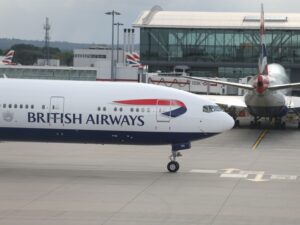

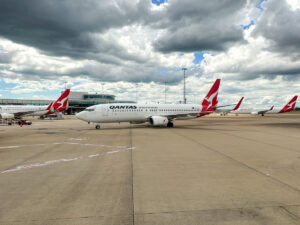

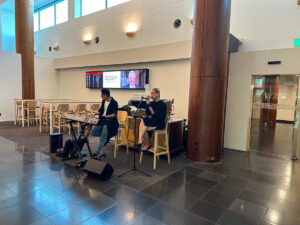
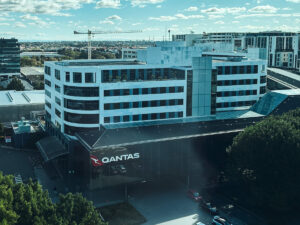






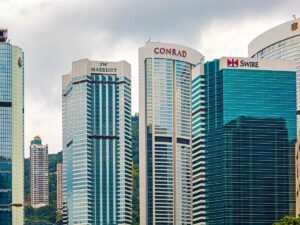
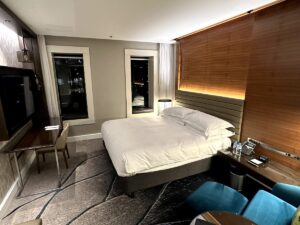






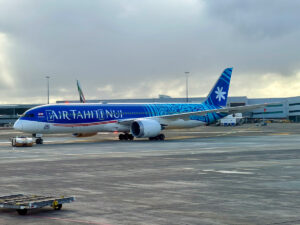
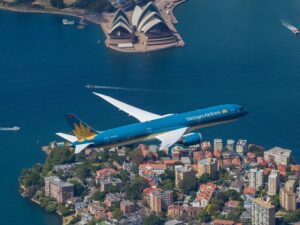
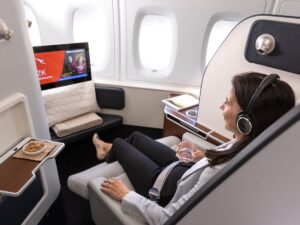





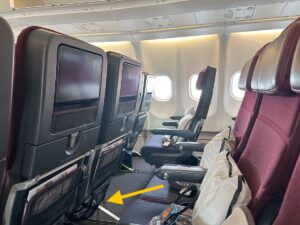
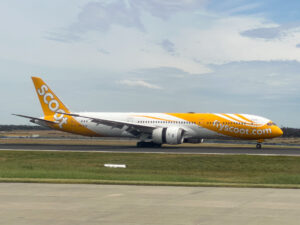






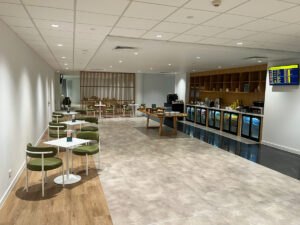
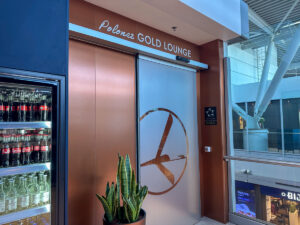




















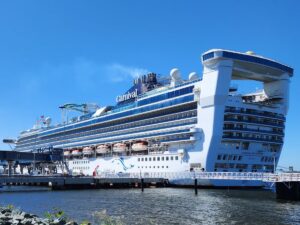














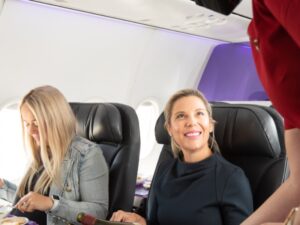
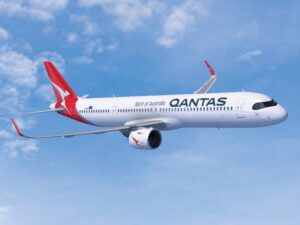
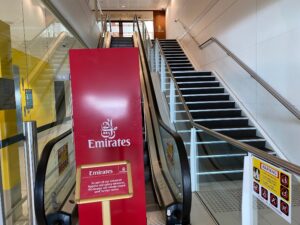





Community Comments
Loading new replies...
Join the full discussion at the Australian Frequent Flyer →